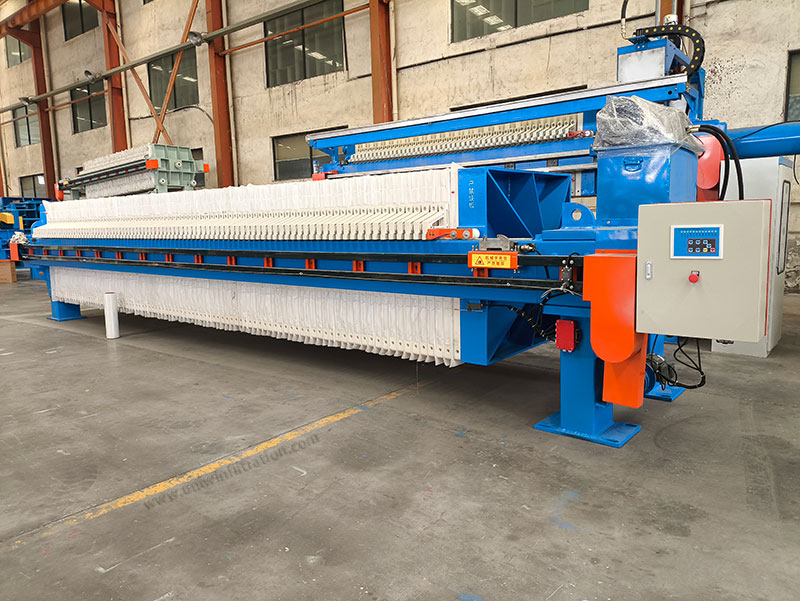Filter Press Price
The price of a filter press is determined by multiple factors. Different types and configurations of filter presses can vary significantly in cost and selling price. Its price depends on several key factors, which not only affect the equipment’s manufacturing cost but also determine its performance, applicability, and service life. The following detailed analysis of the factors that determine filter press price will help you make more accurate decisions when selecting or purchasing a filter press.
Filter Press Types
Different types of filter presses vary significantly in structure, function, and technical requirements, which directly determine their price.
Plate and frame filter press: Simple structure, lower price.
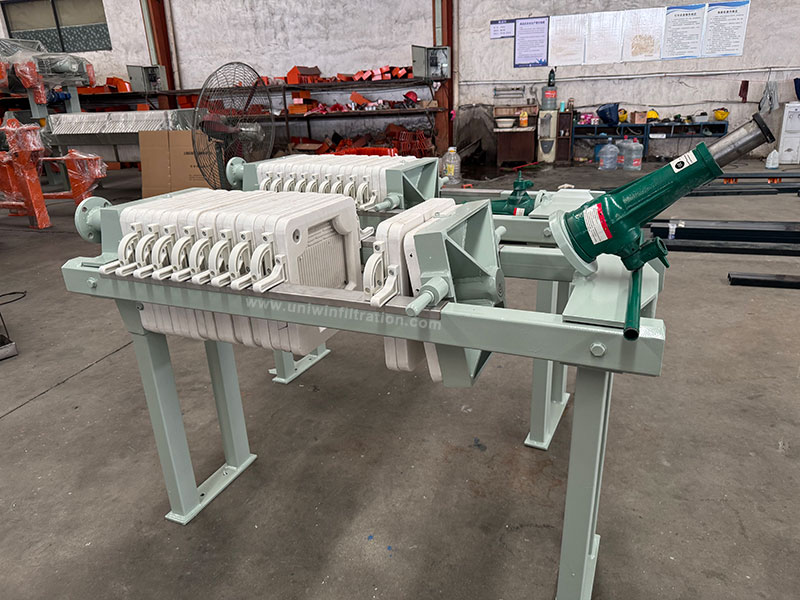
Chamber filter press: Better sealing performance, high cost-effectiveness.
Diaphragm filter press: Features a secondary extrusion function, more thorough dehydration, but a relatively high price.
Belt filter: Suitable for industries requiring continuous operation (such as sludge treatment), but with high investment costs.
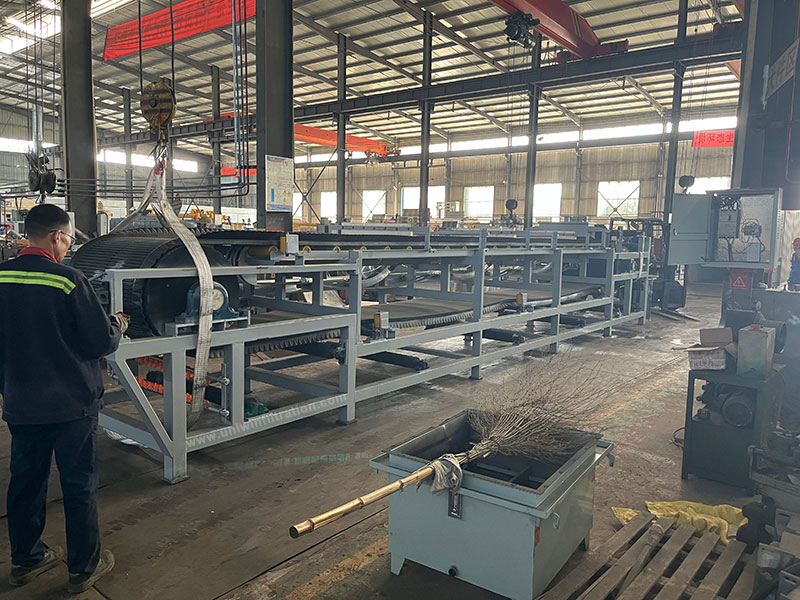
Equipment Processing Capacity
Price is directly proportional to the equipment’s processing capacity.
The larger the filter chamber volume (m³), the greater the processing capacity and the higher the price.
The larger the size and number of filter plates, the greater the floor space and material usage.
Automation Level
Automation configuration significantly impacts price.
Manual plate pull: Low price, but low efficiency, suitable for small businesses or intermittent operations.
Semi-automatic control system: Offers partial automation and is moderately priced.
Fully automatic system: The filter press operates fully automatically, offering the highest price but the highest efficiency.
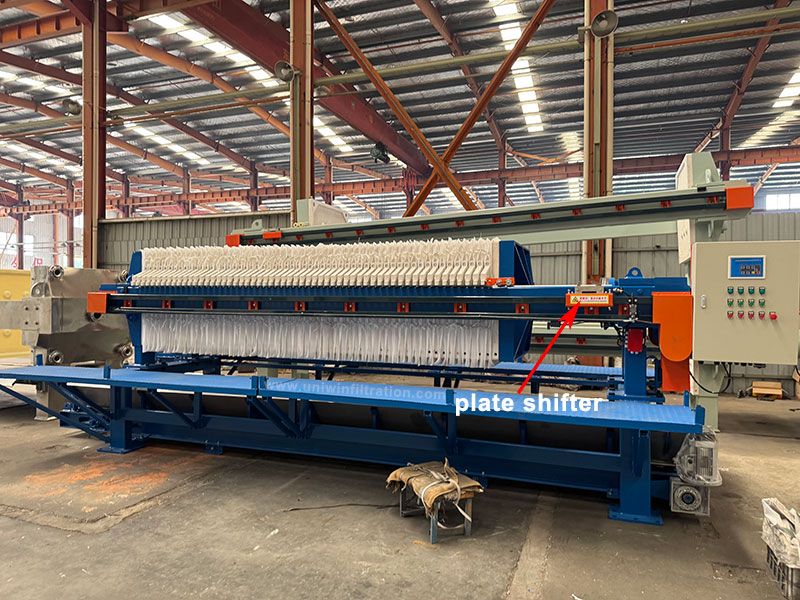
Filter Plate and Filter Cloth Materials
The material determines the equipment’s applicable industries and durability.
Polypropylene filter plates: Commonly used in wastewater treatment and offer high cost-effectiveness.
Stainless steel filter plates: High-temperature and corrosion-resistant, suitable for the chemical and pharmaceutical industries, but more expensive.
Filter cloth: The type (polyester, nylon, polypropylene, etc.) and mesh size affect filtration accuracy and cost.
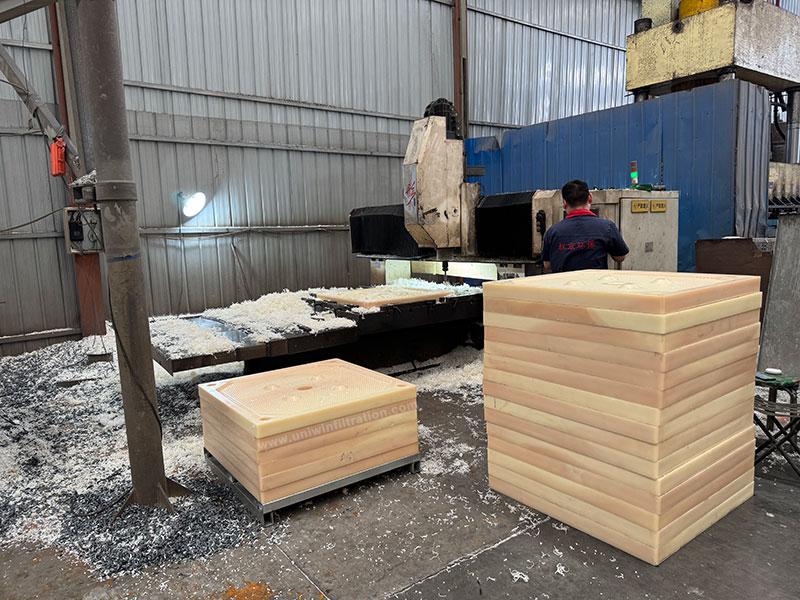
Cost of Filter Press Accessories
Some filter presses come with additional features that can increase their price. For example, some filter presses have features like automatic plate pullers, drip trays, or filter cloth water washing systems. These features increase the efficiency and automation of the filter press, and therefore carry a higher price tag.
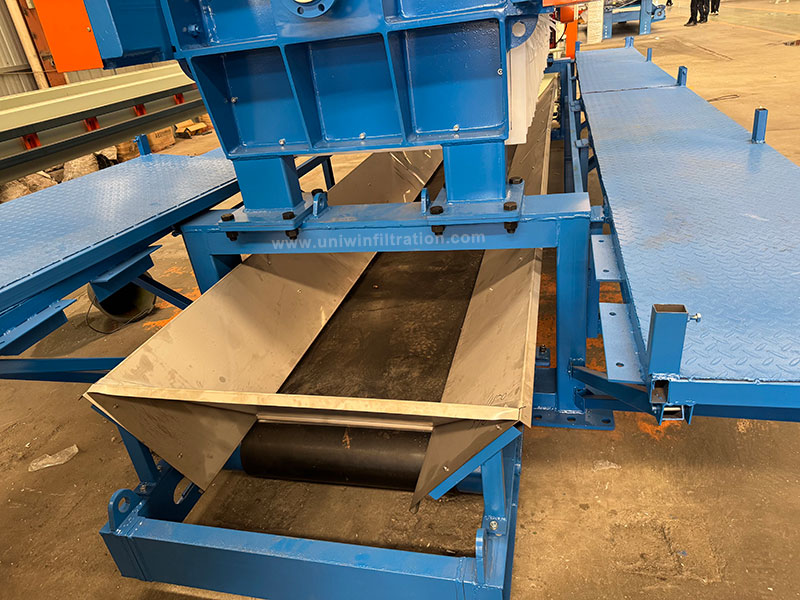
Shipping and Other Additional Costs
Shipping costs: vary based on device size and shipping distance.
Packaging costs: These may include reinforced wooden crates, custom packaging, etc.
Conclusion
The above are some common factors that influence filter press prices for reference. Specific pricing will depend on the filter press model and other requirements. If you have any questions, please feel free to contact us.

